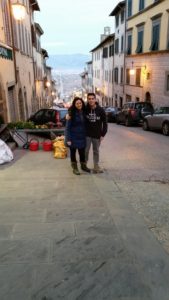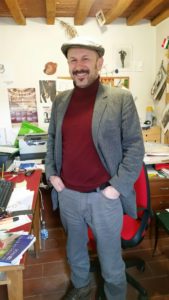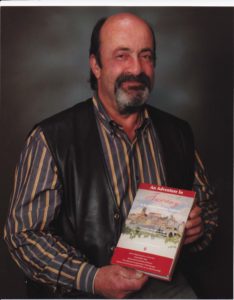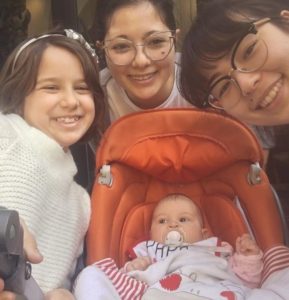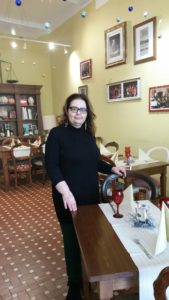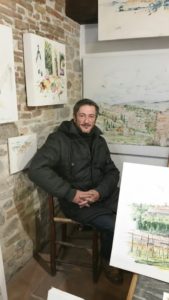One.
They all ate and were satisfied, and the disciples picked up twelve basketfuls of broken pieces that were left over.
A few years ago I read the Gospel of Mark with some friends. We moved slowly and carefully through the text, often spending a whole evening on just a few lines. One passage that struck me was the ‘feeding of the 5000’. In that story Mark describes the miracle of the fishes and loaves in which Jesus turns a few loaves of bread and a couple of fish into food for 5,000. At the end of the story Mark says, ‘They ate and were satisfied, and the disciples picked up the twelve basketfuls of broken pieces that were left over’.
Those twelve basketfuls of leftover bread troubled me. I recall badgering my fellow readers about it. Why the excess? God knows the hairs numbered on your head, why not stop with food sufficient to feed the 5,000? Why create more than was needed? What would happen to those extra pieces of bread? Would they be eaten the next day or would they go to waste? What could this excess mean? Was it a symbol of luxury, a Gallilean potlatch?
My naive questions, generously accommodated by my friends, bellied a genuine concern about wasteful excess. But what I didn’t realise then was that the feeding of the multitudes isn’t a story about consumption. It is a story about what is given. It is a story about the abundance of a love sufficient to cover us all, a love that isn’t limited by number, a love available to any who might come.
‘Here, my brother, my sister, come and sit with us. We have food enough for you’. Continue reading Hold Nothing in Reserve

